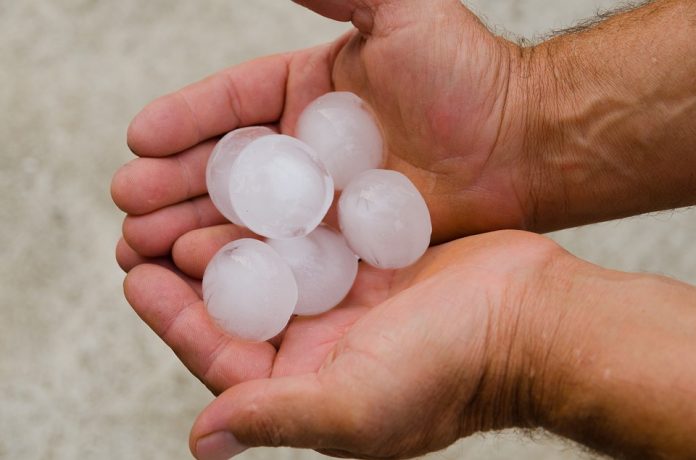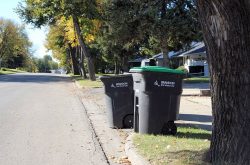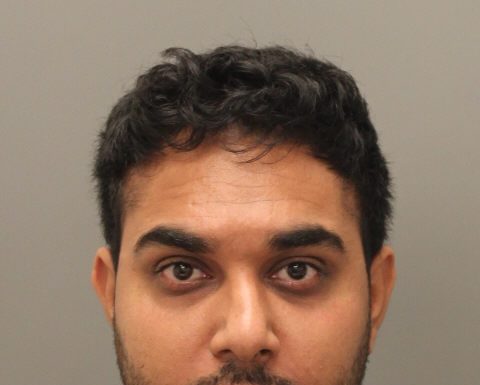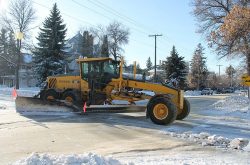The combination of keen-eyed estimators, security cameras, highly-experienced investigators and tips from the general public all proved to be valuable in assisting Manitoba Public Insurance (MPI) in its anti-fraud efforts in 2017.
MPI’s annual top five fraud list is selected by reviewing a number of factors: sheer uniqueness of the fraud, financial savings for MPI and investigative excellence in unearthing the fraud.
Suspicious claims are handled by MPI’s Special Investigation Unit (SIU). The efforts of this special unit resulted in claims savings last year of $6.2 million for Manitoba auto insurance rate payers. The SIU closed 2,560 investigations in 2017.
Anyone with information about auto insurance fraud is encouraged to call the Manitoba Public Insurance TIPS Line: 204-985-8477 or toll-free 1-877-985-8477. All calls are anonymous.
No. 1: “Muddy Situation”
Thanks to the seasoned investigative skills of an SIU investigator, a fraudulent total loss claim was discovered, saving MPI and its ratepayers $36,000.
The vehicle owner stated they were travelling on a gravel road and while attempting to turn around lost control and sped into a water-filled ditch. The investigation told another story: the vehicle had in fact been “drowned” while four-wheel mudding. In addition, a web page for a local Jeep club published a photo from a long weekend rally, showing the vehicle stuck and buried in deep mud.
The investigation also discovered the vehicle owner had previously attempted to get the vehicle fixed at a dealership, where technicians explained the damage (water in engine oil) was not covered.
Presented with all the facts, the vehicle owner withdrew their claim.
No. 2: “One Hail of a Story”
The keen eyes of Manitoba Public Insurance training and research staff led to the denial of a hail claim of nearly $6,000.
The vehicle owner stated they went shopping and while their vehicle was parked outside it was damaged by a severe hail storm. In total, nearly 200 dents were on the vehicle. MPI staff, familiar with how vehicle paint is affected by hail stones, quickly confirmed the dents were not consistent with hail, but were, in fact, caused by a tool/object.
When presented with the findings of the experts, the vehicle owner withdrew their claim.
No. 3: “Doesn’t Always Pay to Advertise”
On the surface, the collision claim didn’t appear to be out of the ordinary: the driver admitted they had gotten into a fender bender. And being a novice driver, they also indicated they had a supervising driver at the time of the crash. Soon after, an experienced employee with MPI noticed a classified ad in a foreign-language newspaper, asking for a “supervising driver”.
With this information, the vehicle owner later confirmed to an SIU investigator that they did not have a supervising driver and withdrew their claim, in addition to signing a $2,500 promissory note for the total cost of repairs to the third-party vehicle.
No. 4: “Camera Captures All”
The vehicle owner opened a single-vehicle collision claim, stating he lent his vehicle to a friend, who accidently crashed the car into a cement pole after swerving to miss an animal. When attending to the scene, investigators noticed a closed circuit security camera mounted directly above the crash site.
The video clearly showed the vehicle driven at a high speed directly into the cement pole ─ with no animal anywhere to be seen. The video also proved the driver was not a friend, but in fact, the owner of the vehicle.
When presented with the evidence, the vehicle owner repaid MPI the costs of the repair: $7,000.
No. 5: “Actively Injured”
Stating they were too injured to return to work, the claimant began receiving income replacement payments from MPI. As the months passed, suspicions arose about how injured the claimant really was. An extensive investigation soon discovered the claimant led a very active life, including making regular trips to the gym where they were seen lifting heavy amounts of weights.
Based on the evidence of the investigation and opinions of experienced medical experts, it was determined the claimant was physically fit to return to work without issue. As a result, MPI terminated the income replacement payments ─ an estimated saving of nearly $55,000.











